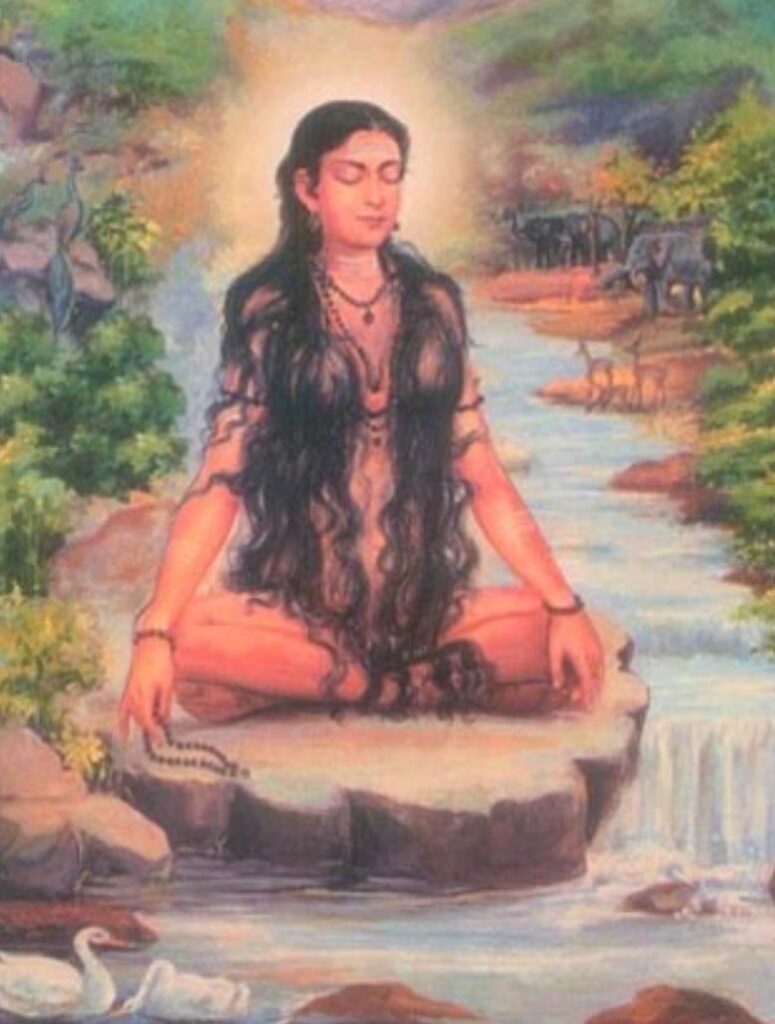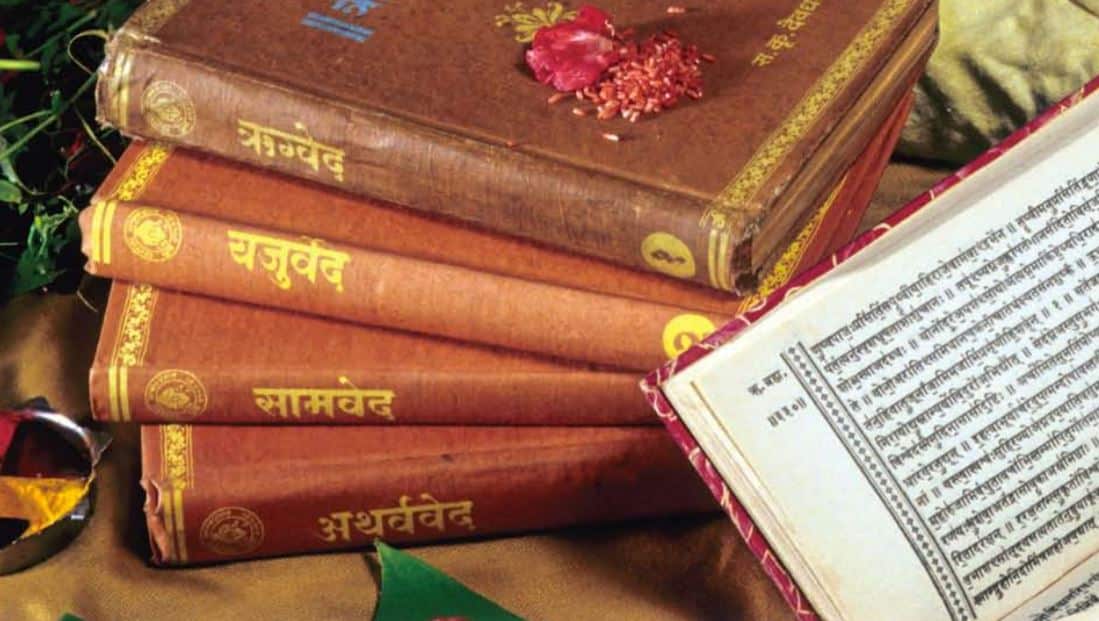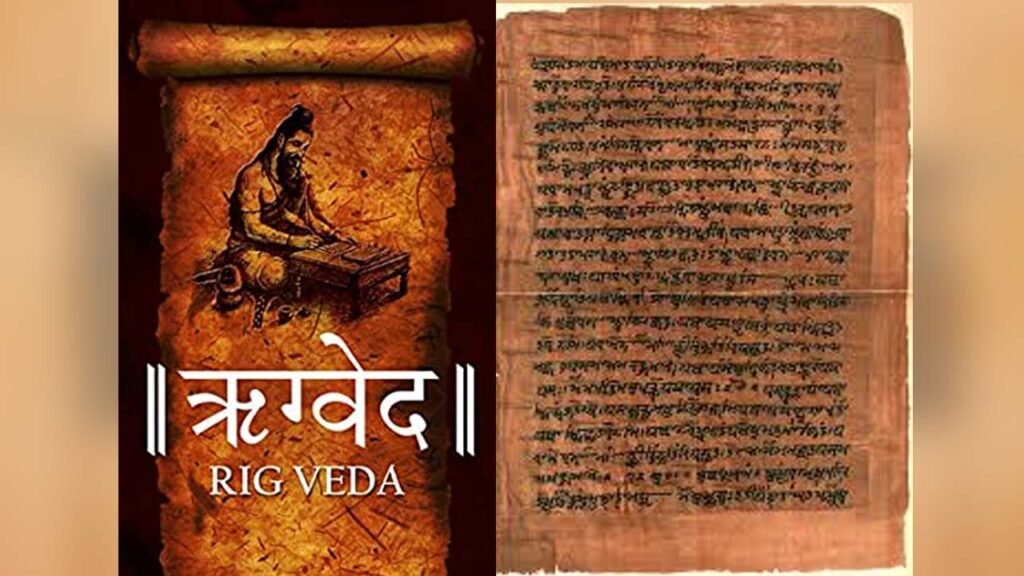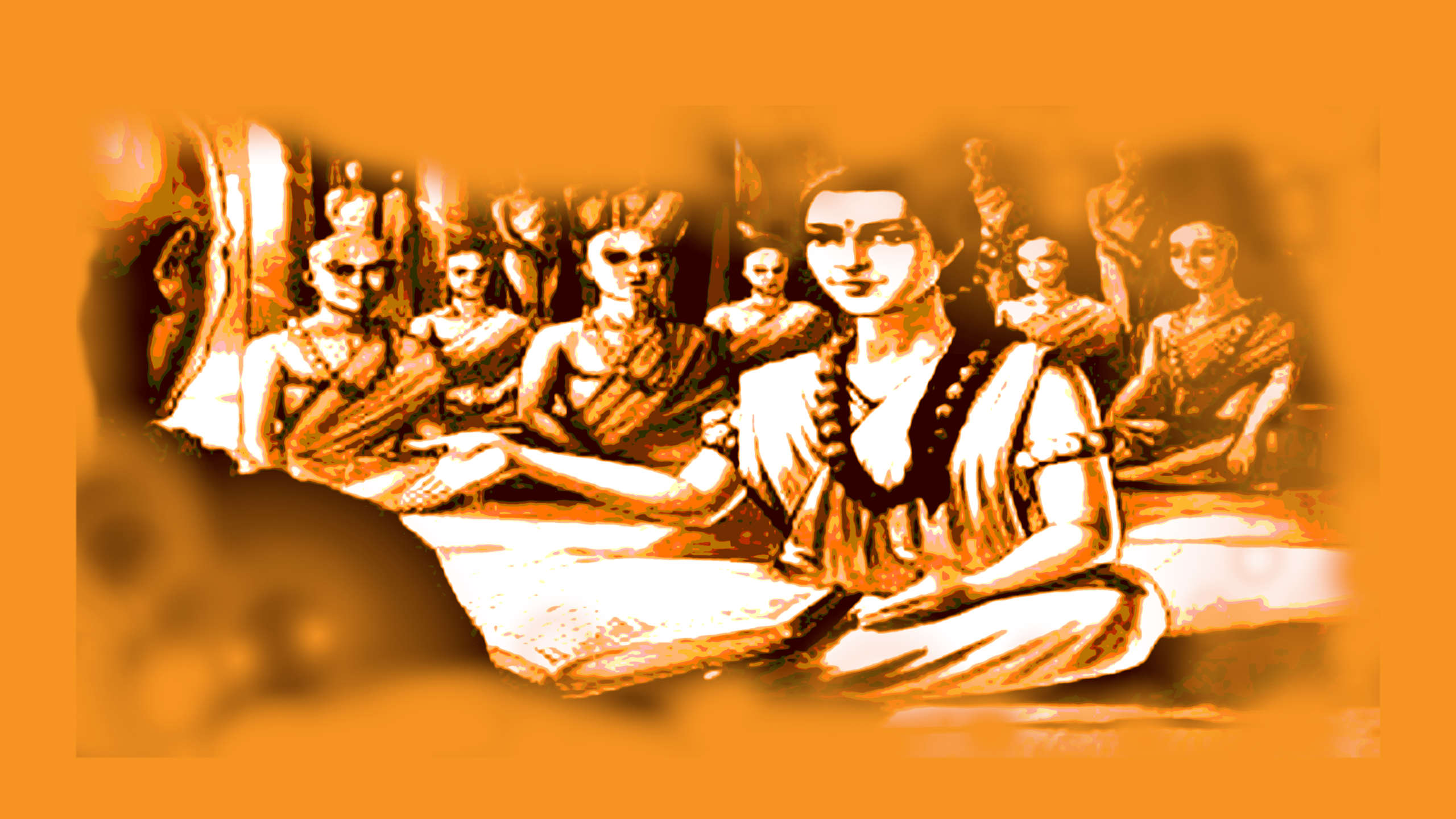Have you ever heard of Gargi Vachaknavi , a woman who challenged the greatest minds of her time and earned her place among the most famous philosophers in history?
Meet Gargi Vachaknavi, a fascinating woman from ancient India who lived from the 9th to the 7th centuries BCE. Born to the sage Vachaknu, she came from a family known for its deep wisdom and spirituality. Gargi was more than just a philosopher; she was a game-changer who challenged the status quo, becoming one of the first women to dive into intellectual debates when it was mostly men who held that space.
 Gargi is famous for her role in the philosophical debates at King Janaka‘s court in Mithila, where she boldly challenged the sage Yajnavalkya with deep questions about existence and the soul (atman). Her inquiries were so insightful that they not only demonstrated her intelligence but also emphasized the important contributions of women in Vedic philosophy.
Gargi is famous for her role in the philosophical debates at King Janaka‘s court in Mithila, where she boldly challenged the sage Yajnavalkya with deep questions about existence and the soul (atman). Her inquiries were so insightful that they not only demonstrated her intelligence but also emphasized the important contributions of women in Vedic philosophy.
Known as Brahmavadini, meaning a woman knowledgeable in Brahma Vidya, Gargi Vachaknavi didn’t just engage in discussions; she also wrote hymns in the Rigveda and left a lasting impact on future thinkers with her wisdom.
Gargi’s legacy continues to inspire those who seek knowledge and challenge societal norms, making her a timeless symbol of wisdom and empowerment.
Know about Gargi Vachaknavi: India’s First Woman Philosopher Through This Blog
As you explore her story, you’ll discover how she “shut up” men with her sharp intellect and insightful questions, paving the way for future generations. Join us on this journey to uncover the life and teachings of Gargi Vachaknavi, a true icon of wisdom and empowerment!
Introducing Gargi Vachaknavi: A Groundbreaking Figure in Philosophy.
When you think of ancient Indian philosophy, Gargi Vachaknavi is a name that really stands out. She wasn’t just a philosopher; she was a true innovator. Born in Northern India between the 9th and 7th centuries BCE, she was the daughter of sage Vachaknu and came from a family known for its intellectual prowess.
 From a young age, Gargi was incredibly curious about Vedic scriptures and philosophy, mastering complex ideas that many men of her time struggled with.
From a young age, Gargi was incredibly curious about Vedic scriptures and philosophy, mastering complex ideas that many men of her time struggled with.
What made Gargi unique was her choice to stay unmarried, a pretty bold move in a society that often expected women to stick to conventional roles. This independence let her focus entirely on her quest for knowledge.
She was honored with the title of Brahmavadini, meaning “one who has knowledge of Brahma Vidya,” highlighting her extensive understanding of spiritual and philosophical ideas.
The stories of Gargi debating at King Janaka’s court in Mithila are truly legendary. She didn’t hold back when challenging well-known sages like Yajnavalkya, asking thought-provoking questions about existence and the soul. Her inquiries were more than just intellectual exercises; they tackled deep existential issues that are still relevant now.
 Gargi’s influence as a scholar and feminist icon continues to inspire people to seek knowledge and push against societal boundaries, solidifying her status as a timeless figure of wisdom and empowerment in philosophy.
Gargi’s influence as a scholar and feminist icon continues to inspire people to seek knowledge and push against societal boundaries, solidifying her status as a timeless figure of wisdom and empowerment in philosophy.
Read – https://itihaaskikhoj.in/mantra-power-mantras-for-spiritual-growth-and-clarity/
Early Life: Foundations of a Philosopher
Gargi Vachaknavi came into a world filled with deep intellectual and spiritual traditions. Being the daughter of sage Vachaknu, she was meant to play a key role in ancient Indian philosophy.
Growing up in Northern India, not far from Mithila, Gargi was naturally curious and eager to learn from a young age. While other girls were often directed towards domestic roles, Gargi’s fascination with Vedic literature set her apart from the crowd.
On the other hand, Gargi’s mother had a different vision for her. She was concerned that a focus on philosophy might distract Gargi from a more practical lifestyle, so she wished for her daughter to marry and take on the duties of a homemaker.
But Gargi was firm in her beliefs; she wanted a life filled with learning and spiritual growth. With her father’s encouragement, she dove into the Vedas and other holy texts, mastering intricate philosophical ideas that many men of her time found difficult.
 Gargi was truly dedicated. She mastered all four Vedas and was recognized for her keen intellect. Her hunger for knowledge knew no bounds; she engaged in discussions and debates that highlighted her grasp of deep spiritual concepts.
Gargi was truly dedicated. She mastered all four Vedas and was recognized for her keen intellect. Her hunger for knowledge knew no bounds; she engaged in discussions and debates that highlighted her grasp of deep spiritual concepts.
Her early years set the stage for her future as a philosopher, allowing her to question societal norms and shine as a source of wisdom in a male-dominated society.
This strong foundation not only formed her identity but also equipped her for the intellectual challenges that would mark her legacy as one of the first symbols of feminism in history.
Read more about the Vedas – https://itihaaskikhoj.in/4-vedas-the-pillars-of-indian-knowledge/
Gargi Vachaknavi’s Contribution to Vedic Literature
A major highlight of her work is in the Brihadaranyaka Upanishad, where she takes part in a philosophical discussion with the respected sage Yajnavalkya. This exchange goes beyond mere intellectual sparring; it’s a profound investigation into existential themes surrounding the soul (atman) and the ultimate reality (Brahman).
 Gargi’s probing questions were sharp and insightful, prompting Yajnavalkya to dig deeper into the nature of existence. Her iconic question about what lies beneath the earth and what holds it all together really pushed the envelope of metaphysical ideas.
Gargi’s probing questions were sharp and insightful, prompting Yajnavalkya to dig deeper into the nature of existence. Her iconic question about what lies beneath the earth and what holds it all together really pushed the envelope of metaphysical ideas.
Along with her debates, Gargi is recognized for her hymns in the Rigveda, which further establishes her significance in Vedic literature. Her hymns express her spiritual understanding and explore themes like the unity of all life and the pursuit of truth.
 By actively participating in these literary traditions, Gargi not only added to Vedic literature but also set the stage for future scholars, particularly women, who wanted to push against societal boundaries.
By actively participating in these literary traditions, Gargi not only added to Vedic literature but also set the stage for future scholars, particularly women, who wanted to push against societal boundaries.
Know more about Rigveda here – https://itihaaskikhoj.in/rigveda-exploring-the-invisible-world-of-wisdom/
The Famous Courtroom Confrontation
In the dynamic court of King Janaka of Mithila, a significant philosophical debate was set to begin, one that would immortalize Gargi Vachaknavi. The king, eager to display the intellectual strength of his kingdom, summoned wise sages from all corners to engage in this contest.
The prize was a thousand cows adorned with gold, a mark of great wealth and honor. Among the gathered scholars was Yajnavalkya, a distinguished sage who boldly declared he would win the prize without any rivals, asserting his superiority over the rest.
This daring claim set off a wave of anger among the other scholars, leading eight of them, with Gargi as the only woman, to confront him. With her brilliant mind and solid confidence, Gargi stepped up to Yajnavalkya.
She began by firing off a series of deep questions that really challenged his views on reality and existence. One of her most famous questions was about the universe itself: “Yajnavalkya, tell me—since this whole world is woven back and forth on water, on what is water woven back and forth?”
Yajnavalkya said “On air,” but Gargi kept going. Her questions got more intense, diving into complex metaphysical stuff, each one trickier than the last. Finally, realizing how deep she was going and maybe feeling a bit threatened by her sharp mind, Yajnavalkya warned her not to go any further into subjects that might disrupt her mental well-being.
After the other sages couldn’t outsmart Yajnavalkya, Gargi decided to give it another shot. She confidently proclaimed that she had two last questions for him. If he could answer them, then no one could say they had triumphed over him.
Acknowledging Yajnavalkya’s superior intellect, she ultimately accepted her loss but suggested that her fellow scholars should feel privileged just to pay their respects to him. This clash not only showcased Gargi’s brilliance but also reinforced her role as a strong philosopher in a society where men often held the spotlight.
Also Read – The Saptarishis and Their Influence on Yoga: the Hindu Roots (itihaaskikhoj.in)
Philosophical Insights: A Unique Perspective
Gargi Vachaknavi made waves in ancient Indian philosophy, pushing the boundaries of how people thought back then. She was more than just a philosopher; she was a truth seeker who felt that the quest for knowledge should never stop.
Her discussions often tackled deep ideas like the soul (atman) and universal consciousness (Brahman), diving into questions that continue to matter in our lives today.
In her well-known debates, particularly with the wise Yajnavalkya, Gargi Vachaknavi asked questions that really challenged the limits of metaphysical thought. One of her big questions was about what keeps the universe intact, which sparked conversations about the eternal essence that goes beyond just physical reality.
This wasn’t just a theoretical exercise; it showed her profound grasp of how all life is connected and the search for the ultimate truth.
Gargi believed that real wisdom is all about asking the right questions instead of just taking answers at face value. She pushed for open-mindedness and critical thinking, which are super important even now. Her legacy shows us that philosophy isn’t just found in books or schools; it really comes alive through conversation and exploration.
Gargi Vachaknavi’s unique insights still inspire those who are eager to learn, showing that the pursuit of knowledge is timeless and knows no boundaries.
Watch this to know more – https://youtu.be/yR2UwLmfi4I?si=8EJJVenPeSlpdvgn
Conclusion
Gargi Vachaknavi is an iconic figure in Indian philosophy—a groundbreaking individual who challenged societal norms and broke through barriers centuries ago. Her influence remains strong today, encouraging many to seek knowledge and boldly question established beliefs. As we consider Gargi’s contributions, we are reminded that true enlightenment is not limited by gender; it thrives on curiosity, bravery, and a steadfast pursuit of truth. By honoring Gargi’s legacy, we are motivated to explore our own capabilities while recognizing those who have paved the way for future generations of thinkers and leaders.

